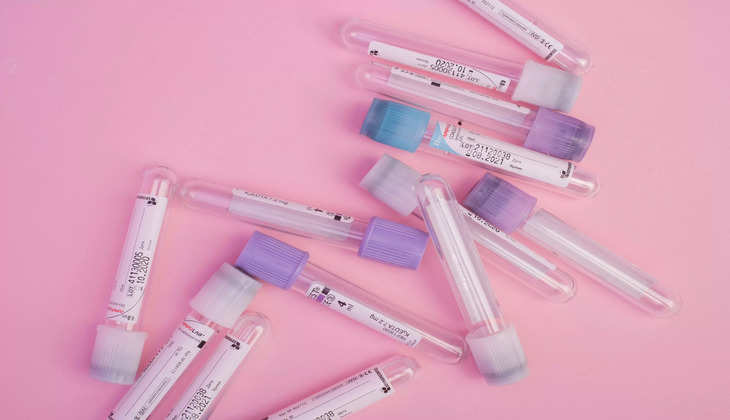Blood Cancer-- Causes And Precautions

Causes of Blood Cancer
Blood cancer, also known as hematologic cancer, affects the production and function of blood cells. The three main types of blood cancer are leukemia, lymphoma, and myeloma. While the exact cause of blood cancer is not always known, several factors may increase the risk:
-
Genetic Factors:
- Inherited Genetic Mutations: Some people inherit genetic mutations that can increase the risk of developing blood cancers.
- Family History: A family history of blood cancer can increase the risk.
-
Environmental Factors:
- Exposure to Radiation: High levels of radiation exposure, such as from radiation therapy or nuclear accidents, can increase the risk.
- Chemical Exposure: Certain chemicals, such as benzene (found in gasoline and used in the chemical industry), can increase the risk.
-
Infections:
- Viral Infections: Viruses like the Human T-cell Leukemia Virus (HTLV-1) and Epstein-Barr Virus (EBV) are linked to certain types of blood cancer.
- Bacterial Infections: Chronic infections like Helicobacter pylori are associated with an increased risk of certain lymphomas.
-
Immune System Disorders:
- Autoimmune Diseases: Conditions such as rheumatoid arthritis or lupus can increase the risk.
- Immune Suppression: People with weakened immune systems, such as those with HIV/AIDS or those who take immunosuppressive drugs, are at higher risk.
-
Age and Gender:
- Age: The risk of blood cancer increases with age.
- Gender: Some types of blood cancer are more common in one gender; for example, men are more likely to develop most types of blood cancer than women.
Precautions and Preventive Measures
While it may not be possible to prevent blood cancer entirely, certain measures can reduce the risk:
-
Healthy Lifestyle:
- Balanced Diet: Eating a diet rich in fruits, vegetables, and whole grains can support overall health and reduce cancer risk.
- Regular Exercise: Engaging in regular physical activity can help maintain a healthy weight and improve immune function.
-
Avoiding Risk Factors:
- Limit Exposure to Chemicals: Reduce exposure to harmful chemicals like benzene.
- Protect Against Radiation: Minimize exposure to high levels of radiation and use protective measures if necessary.
-
Infection Prevention:
- Vaccination: Get vaccinated against viruses linked to cancer, such as the hepatitis B virus (linked to liver cancer) and the human papillomavirus (HPV, linked to certain cancers).
- Safe Practices: Practice safe behaviors to reduce the risk of infections, such as using protection during sexual activity and avoiding sharing needles.
-
Regular Health Check-ups:
- Routine Screenings: Regular medical check-ups can help detect any abnormalities early.
- Blood Tests: Regular blood tests can help monitor your blood cell counts and detect any changes that may indicate blood cancer.
-
Avoid Tobacco:
- Quit Smoking: Smoking is a known risk factor for many types of cancer, including blood cancer. Quitting smoking can significantly reduce your risk.
-
Managing Medical Conditions:
- Control Autoimmune Diseases: Proper management of autoimmune diseases and conditions that weaken the immune system can reduce the risk of developing blood cancer.
Conclusion
Understanding the causes and taking preventive measures can help reduce the risk of blood cancer. Maintaining a healthy lifestyle, avoiding exposure to harmful substances, protecting against infections, and regular medical check-ups are essential steps in prevention.
